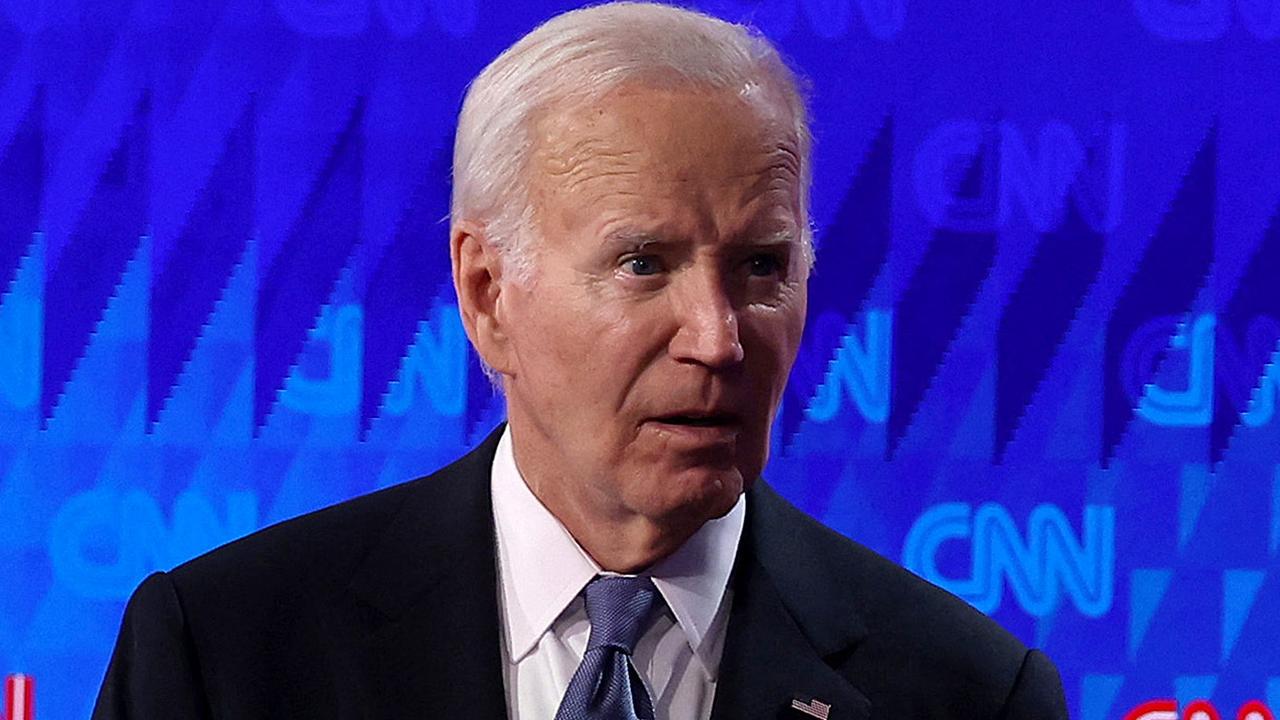Bondi Junction should have been a wake up call. It wasn’t | David Penberthy
It’s been five weeks since the Bondi Junction killing spree shocked the nation and what have we done since? Absolutely nothing, writes David Penberthy.
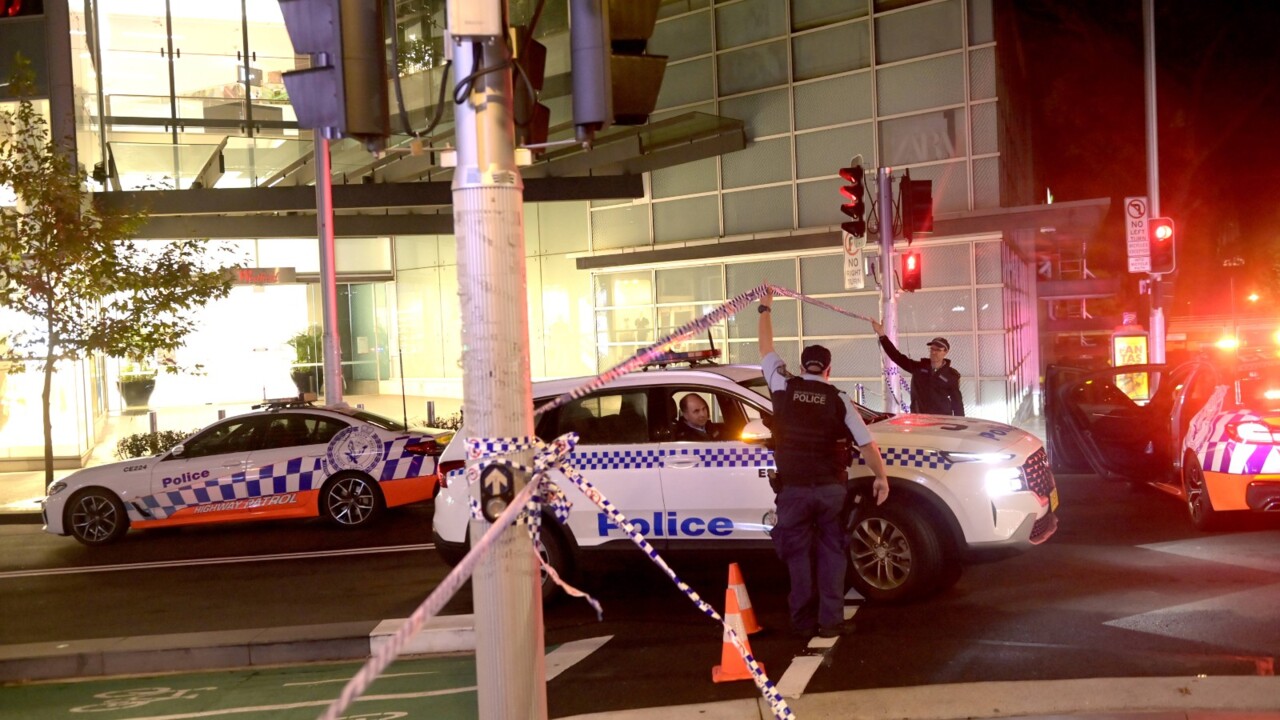
Opinion
Don't miss out on the headlines from Opinion. Followed categories will be added to My News.
This coming Monday marks one month since the Bondi Junction stabbing attacks which left six innocent people dead and also claimed the life of the perpetrator.
Perhaps because of the scale and nature of the tragedy, it feels like this horror happened much longer ago.
But it is only five Saturdays since all these people were doing the most humdrum thing in the world, never to return from a trip to their local shopping centre on a routine Saturday arvo.
In a public policy sense, there is one simple word that describes what has happened since this attack.
The word is: nothing.
I know that security was increased at every major shopping centre around Australia in its aftermath. I know that the various state chief psychiatrists spoke to their respective police commissioners and discussed how high-profile incidents such as these can inspire similar violent episodes on the part of people seriously afflicted with major mental illnesses.
A few extra guards, a few extra cops, the laying of wreaths by the relevant mayors and MPs. Six harrowing funerals.
But in a public policy sense, an enduring sense, nothing has come from Bondi.
Nothing to address the key issue at play here – that as a society, we are failing to provide adequate care for those who are struggling unsuccessfully with the most acute and dangerous mental conditions.
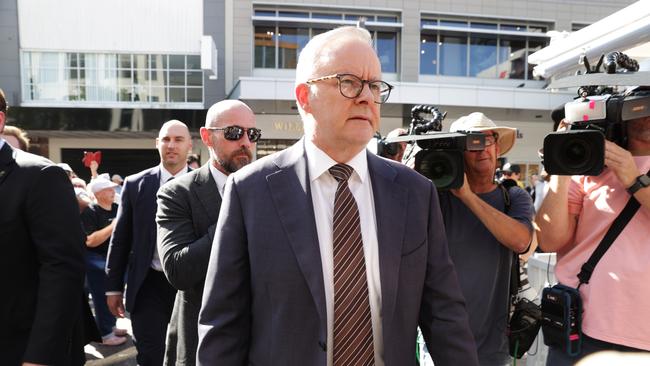
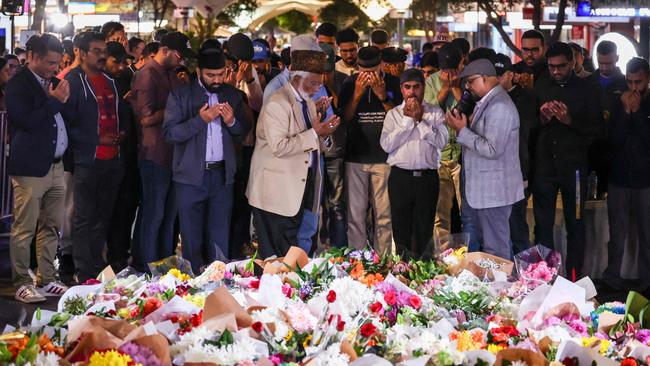
As a result, we are also failing to provide adequate protection to the community when these troubled people descend fully into the darkness.
While nothing has happened in a public policy sense, I can tell you about a couple of things which have happened in my home town, Adelaide, this past few weeks.
Two weeks ago a young mum was sitting with her baby daughter at a nice coffee shop in the northern suburb of Mawson Lakes.
Out of nowhere a man ran towards the baby and punched the two-month old infant square in the face.
The assailant was with his carer at the time who was unable to stop the assault.
This week there was a court appearance involving the random stabbing murder of a local real estate agent and the wounding of her female colleague in December last year.
The accused is a 30-year-old mentally ill man who had been released from hospital on an inpatient treatment order on December 18 – that is, left to manage himself in the community. Just two days later he wandered into this real estate agency in the quiet suburb of Plympton holding the knife which police will allege he used to kill 38-year-old mother of two Julie Seed, who was engaged to be married to her fiancé Chris Smith.
The only difference between this Plympton attack and what happened at Bondi? The number of people who were killed.
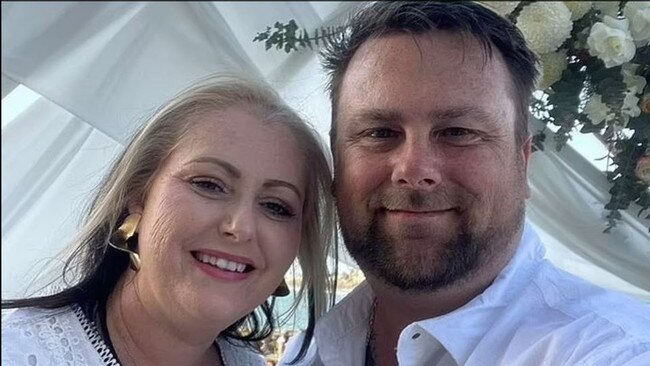
And what does it say about the total failure of mental health mismanagement in the community that these incidents are now so commonplace, that readers of this newspaper in Queensland, Victoria, or NSW would probably have no idea that the Plympton incident ever occurred?
In the same way that we here in SA probably don’t know about comparable incidents that have unfolded in the suburbs of Sydney, Brisbane or Perth.
I have heard people say that Bondi Junction should have been our Port Arthur moment when it came to the management of conditions such as schizophrenia and psychosis in the community.
They are right. But it hasn’t been. Not even close.
While I was midway through writing this column I wandered down to my local for a quick counter meal with a couple of mates, nothing silly, just a burger and a Coke.
“You missed all the action,” the publican Matt told me when I arrived.
The police had just left the pub.
Matt had to call them after he found a bloke in the men’s bathroom with shirt on who was standing there shaving in a hand basin.
Matt politely asked him to leave, at which the bloke ran into the beer garden and started bashing his hands on the glass and screaming at the top of his lungs at all the pensioners sitting inside the bistro having their roast of the day.
Matt locked him in the beer garden and this poor bloke kept screaming for another 15 minutes until the police finally arrived.
In South Australia – and probably elsewhere – the people who are responsible for most of the mental health-related taskings aren’t ambulance drivers. They’re police.
At a time we have growing concerns about genuine crime, the time of our police is increasingly taken performing a public health role.
It’s amazing how society comes to look when the places that once housed and aided these people – hospitals – are either understaffed or were phased out under the self-management and devolution strategy which looks for all the world like an utter failure.
Here is a question – how is it possible for a modern and affluent nation with a comparatively small population to spend a whopping $100 billion a year supporting people with disabilities, yet people with crippling mental health conditions such as schizophrenia keep falling through the cracks?
And of the many thousands of people on NDIS plans, how many of them are “suffering” from conditions which have little or any real impact on their day to day lives, when compared with the acute needs of people living with an illness as profound as schizophrenia?
You can get your kid on a bodgy NDIS plan to help them with a modestly troubling condition such as poor handwriting, medicalised with the lofty title “dysgraphia”. It’s a win-win for the OTs providing the service and the parents accessing it as the taxpayer is enlisted to pick up much of the bill.
Meanwhile, in Bondi, in Plympton, in Mawson Lakes …
The Albanese Government’s failure thus far to do anything of note on this is its biggest failing of all.
Originally published as Bondi Junction should have been a wake up call. It wasn’t | David Penberthy


